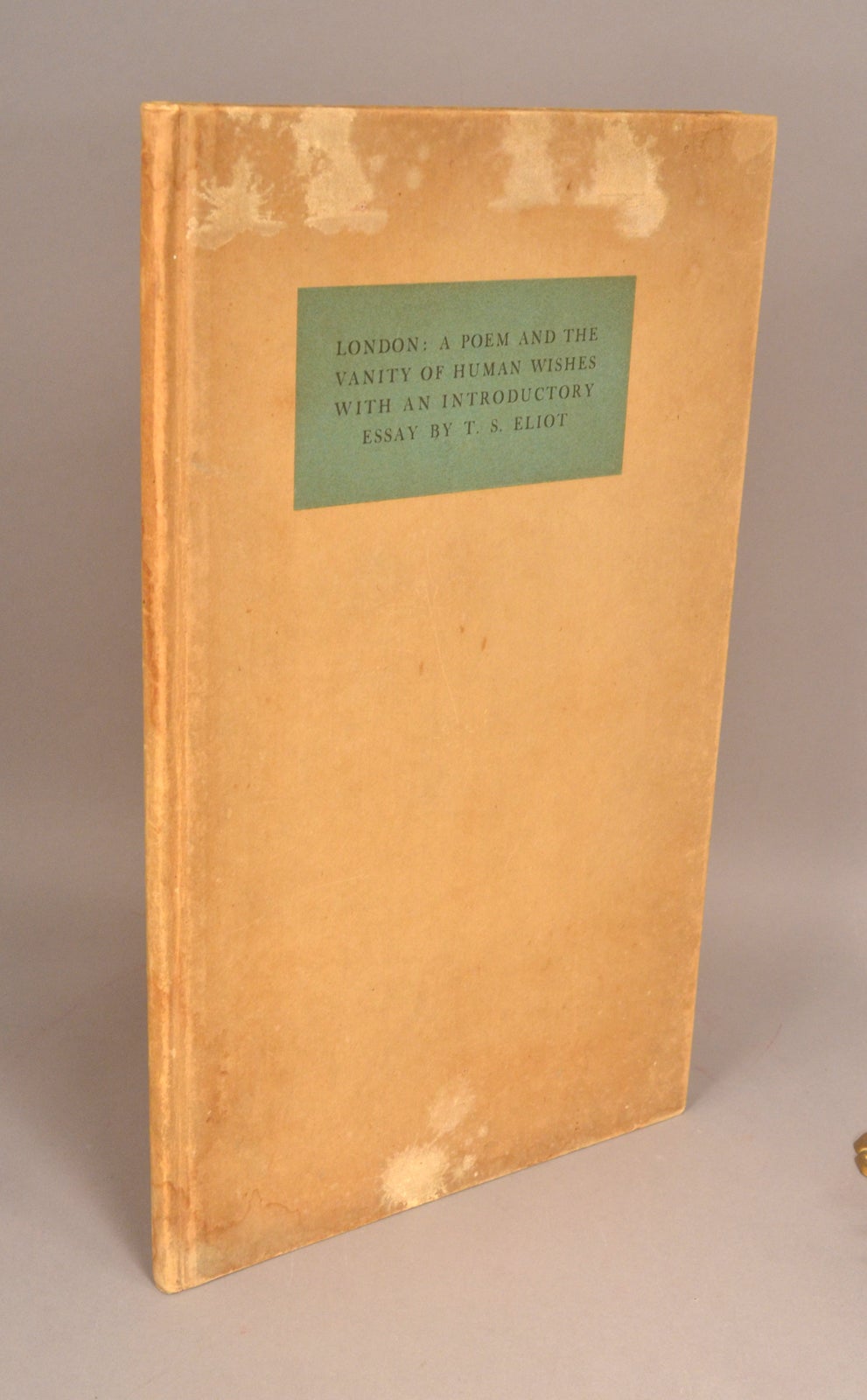View The Vanity Of Human Wishes Pics. What but their wish indulg'd in courts to shine, and pow'r too great to keep or to resign? So, let's thank samuel johnson for doing all the hard work for us, so that we don't have to.

March forward, macedonian morn, add on gaza to tyre, indies to babylon;
Johnson's finest poem, the vanity of human wishes (1749), also takes its cue from juvenal, this time his 10th satire. To justify his point of vanity of human wishes, he brings forth many examples of political, financial, intellectual and even sexual power, and finally proves that all the desires and wishes to be superior and powerful has nothing to do. All the things are futile and meaningless and these things don't bring. The tenth satire of juvenal imitated is a poem by the english author samuel johnson.